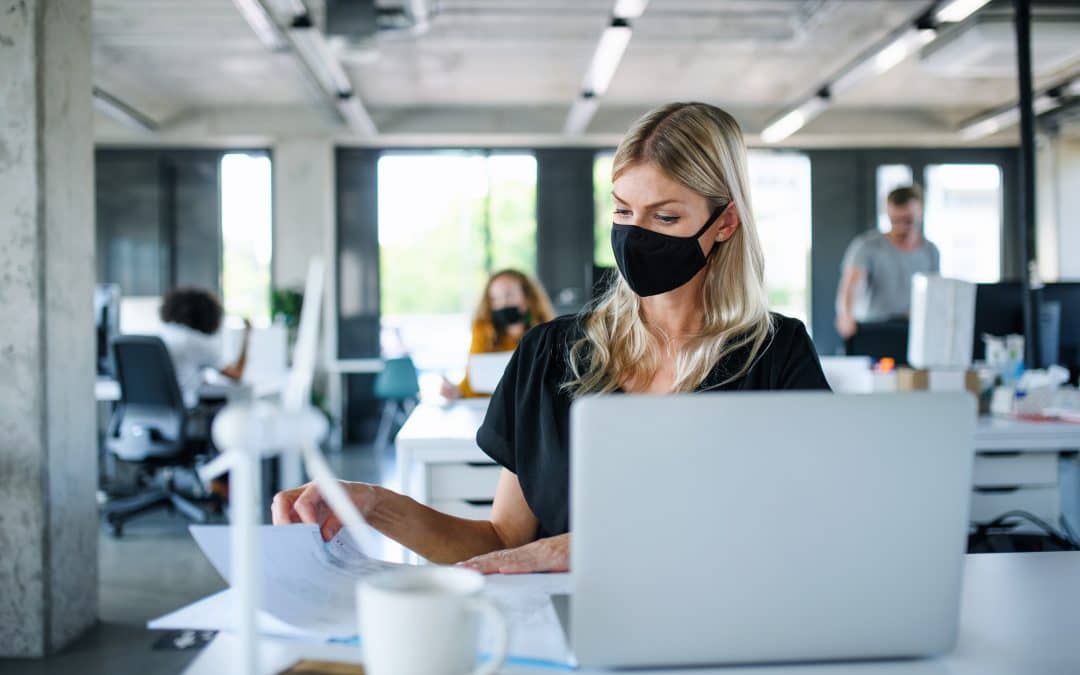Companies anticipating a return to the workplace in June, if the Government’s route map stays on track, should be planning how to protect workers and customers once the country is released from the current Covid-related restrictions.
Although the Government may decide that it is safe to relax regulations and recommendations around social distancing and large groups, the virus will still be circulating, and individuals could become infected or pass the virus on to others in the workplace.
Planning ahead and involving staff in the planning process is the best approach. By consulting and understanding worries around managing coronavirus, strategies can be developed, and workers reassured about how they will be kept safe, and how, in turn, they can keep others safe.
Said Jon Dunkley, employment expert here at Wollens: “Asking staff if they have any concerns and taking action to address those, will help to create a positive environment for people to return to work and encourage everyone to play their part in helping to operate your business safely.”
Under the Health and Safety at Work Act 1974 employers must take steps to protect employees, whether in the workplace or acting offsite in a work capacity. And all employers who have five or more in their workforce must have a written health and safety policy and make it available to employees.

Jon added: “These are statutory duties and apply whether we are in a pandemic or not. The responsibilities are even more important in the current situation, and it’s sensible to take a structured approach, even if you have fewer than five staff.”
The Health and Safety Executive (HSE), the government body in charge of enforcing responsibilities, has developed a range of information for employers on how to make the workplace safe and protect staff as they return to the workplace.
As well as ensuring staff are safe within their place of employment, staff must be protected also when travelling on business. Ignoring this aspect could expose an employer to a potential compensation claim if an employee were to contract Covid-19 while travelling for work purposes.
“There should be a documented risk assessment for each trip, and travel options should be chosen carefully to provide the safest possible environment, such as ensuring accommodation is being thoroughly cleaned, or responding to employee concerns about using public transport,” explained Jon.
Jon Dunkley, Head of Employment Law at Wollens
“Employees need to have safety at the forefront of their daily activities and be aware of how they can protect themselves, their fellow workers and customers. Robust health and safety policies, regularly reviewed and properly implemented, are essential, and provide a strong defence if anything unfortunate should happen, whether to deal with coronavirus or otherwise.”
Mental wellbeing should also be high on the agenda according to the Health and Safety Executive (HSE), which has developed a Talking toolkit as a resource for employers to handle work-related stress. Further support is available via the Mental Health at Work charity.
For more information or advice and support contact us today
South Devon 01803 213251
North Devon 01271 342268
Exeter 01392 274006
Web site content note:
This is not legal advice; it is intended to provide information of general interest about current legal issues.



